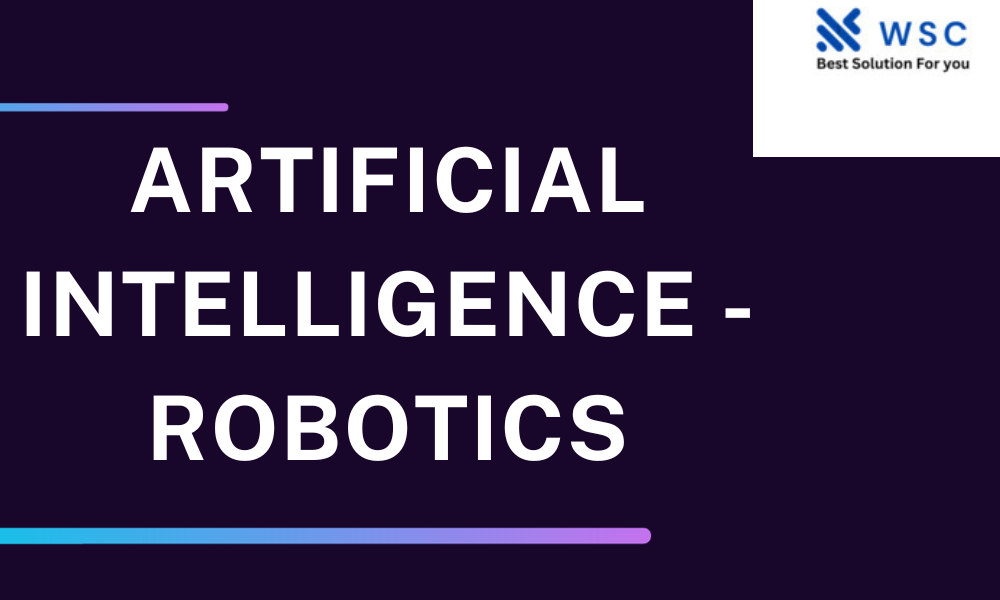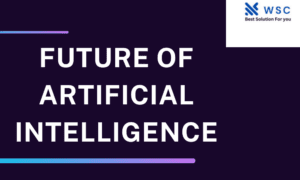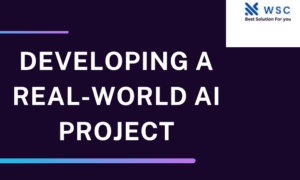In the ever-evolving landscape of technology, few advancements have captured the imagination of both innovators and the general public as much as artificial intelligence (AI) and robotics. These groundbreaking fields have the potential to transform our world in ways we can only begin to fathom. This article delves into the intricacies of AI and robotics, exploring their current state, potential, and impact on various industries. With a commitment to high-quality content, we aim to provide you with a comprehensive understanding of this fascinating intersection of science and technology.
The Rise of AI and Robotics
What is Artificial Intelligence?
Artificial Intelligence, often abbreviated as AI, is a field of computer science that focuses on creating systems and machines capable of performing tasks that would typically require human intelligence. These tasks can range from problem-solving and decision-making to understanding natural language and recognizing patterns in data. AI technologies have witnessed exponential growth in recent years, largely due to advances in machine learning, neural networks, and the availability of vast datasets.
The Evolution of Robotics
Robotics, on the other hand, involves the design and construction of physical machines, or robots, capable of carrying out tasks autonomously or semi-autonomously. The marriage of AI with robotics has led to the development of intelligent robots, capable of learning, adapting, and performing complex tasks in various domains, from manufacturing and healthcare to space exploration and even entertainment.
Applications of AI and Robotics
Healthcare
One of the most promising applications of AI and robotics is in the field of healthcare. Surgical robots, for instance, can perform minimally invasive surgeries with incredible precision, reducing patient recovery times and minimizing the risk of complications. Additionally, AI-driven diagnostic tools can analyze medical images and patient data, aiding healthcare professionals in making accurate and timely diagnoses.
Manufacturing
AI and robotics have revolutionized manufacturing processes. Industrial robots equipped with AI algorithms can handle repetitive and dangerous tasks with high efficiency and precision. These advancements lead to increased productivity and reduced costs, making industries more competitive on a global scale.
Autonomous Vehicles
The integration of AI and robotics in the automotive industry has given rise to autonomous vehicles. These self-driving cars rely on AI systems to navigate, sense their surroundings, and make real-time decisions, significantly reducing accidents caused by human error.
AI and Robotics in Business
Customer Service
AI-powered chatbots and virtual assistants are increasingly being used in customer service to enhance user experience and streamline support processes. These bots can quickly respond to customer inquiries, providing assistance 24/7.
Data Analysis
Businesses across various sectors are harnessing the power of AI to gain valuable insights from large datasets. Machine learning algorithms can identify trends, predict customer behavior, and make data-driven recommendations, aiding in decision-making and strategy development.
Challenges and Ethical Considerations
The rapid development of AI and robotics also brings forth several challenges and ethical considerations. Privacy concerns, the potential for job displacement, and the need for ethical AI development guidelines are some of the issues that society must address as these technologies continue to evolve.
The Future of AI and Robotics
The future of AI and robotics is both exciting and challenging. As these technologies advance, we can expect to see even greater integration into our daily lives, from smart homes and personal assistants to advancements in healthcare, transportation, and education. The key to harnessing the full potential of AI and robotics lies in responsible development and ethical use.
Conclusion
Artificial Intelligence and Robotics are transforming the way we live and work. They have already demonstrated their potential in various industries, from healthcare and manufacturing to autonomous vehicles and customer service. The future holds even more promise, but it’s essential to consider the ethical and societal implications as these technologies continue to shape our world.




